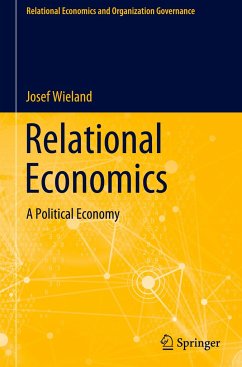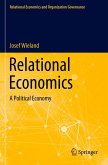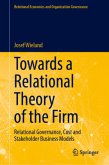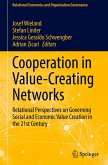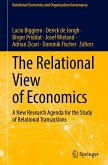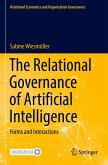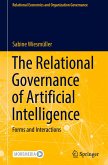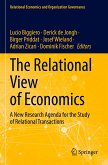This book introduces the research agenda of relational economics as a political economy for the governance of local and global economic transactions in modern societies. It analyses the mechanisms of global value creation and production networks by studying cooperation in intra- and inter-firm networks, intersectoral stakeholder management, and transcultural leadership.
The author develops a categorical taxonomy for private and public value creation based on the effective and efficient interlinking of, and interaction between, a range of resources and abilities. In contrast to mainstream economics, which largely focuses on the laws of discrete and dyadic exchange transactions, this book assesses the polyvalent characteristics of relational transactions.
The chief categories involved in an economic theory of the relations between events are the relational transactions and their various forms of governance; the polycontextual cooperation between economic, political andcivil society agents; and the factor incomes and relational rents that relational transactions produce. Today, relational transactions are the rule, not the exception, in modern economies and their global value creation networks. Given its scope and focus, this book will appeal to scholars of economics, economic sociology, organisational studies and related fields.
The author develops a categorical taxonomy for private and public value creation based on the effective and efficient interlinking of, and interaction between, a range of resources and abilities. In contrast to mainstream economics, which largely focuses on the laws of discrete and dyadic exchange transactions, this book assesses the polyvalent characteristics of relational transactions.
The chief categories involved in an economic theory of the relations between events are the relational transactions and their various forms of governance; the polycontextual cooperation between economic, political andcivil society agents; and the factor incomes and relational rents that relational transactions produce. Today, relational transactions are the rule, not the exception, in modern economies and their global value creation networks. Given its scope and focus, this book will appeal to scholars of economics, economic sociology, organisational studies and related fields.

